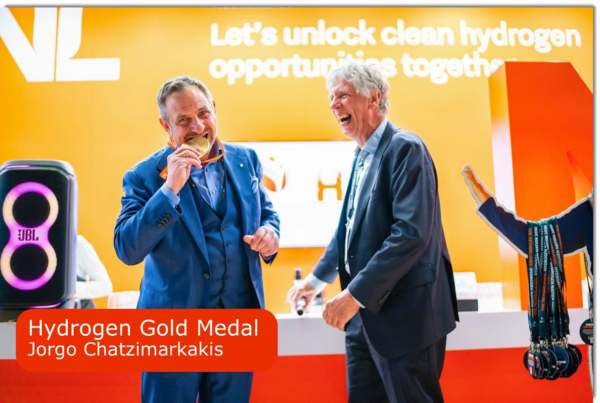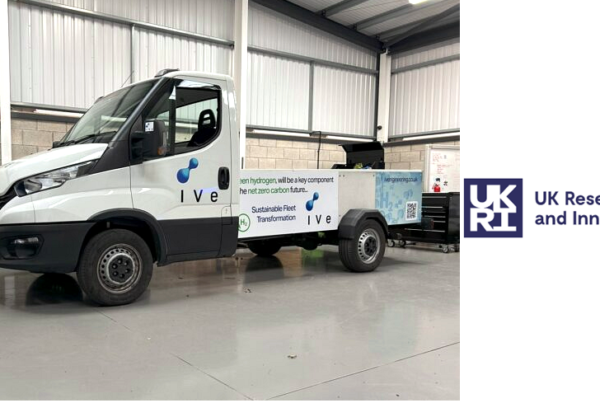
It is possible to achieve a significant reduction in emissions from an internal combustion engine without using gasoline or diesel. Many believe that there is a viable alternative to electric cars and, of course, traditional diesel and gasoline vehicles. There are numerous pathways to achieve zero-emission mobility beyond battery electric vehicles.
Burning hydrogen instead of gasoline is one such pathway. However, the journey to accomplish this is filled with challenges and difficulties. Nevertheless, an increasing number of automakers are researching the development of engines that use hydrogen instead of gasoline. As we will see below, this is just a small part of the challenges encountered in creating true hydrogen combustion cars.
In Japan, some brands have strongly invested in the development of hydrogen combustion as an alternative to gasoline, even for different applications such as 4×4 vehicles competing in the Dakar Rally. South Korea is also actively working on this, as evidenced by the collaboration between Hyundai and KIA.
Complex and fraught with challenges, hydrogen combustion engines instead of gasoline and diesel are currently undergoing research and development.

Hydrogen engine test bench
Hydrogen Engines as an Alternative to Gasoline
Hyundai Motor Company (HMC), the parent company of the Hyundai and KIA brands, is collaborating with the Korea Institute of Machinery and Materials (KIMM) to explore the use of engines powered exclusively by hydrogen. The first of these engines is a simple 2-liter unit, originally designed for gasoline and used in Hyundai and KIA hybrids (Green Car Congress).
This engine has already achieved direct injection of hydrogen into the combustion chamber at over 30 bars, incorporating a turbo to maintain high performance and efficiency throughout the range while preventing fuel detonation in the exhaust system. According to their research, this engine could reduce emissions by 99% compared to a conventional gasoline engine in terms of CO2, and by 90% in terms of particles (Science Direct).
However, it is important to emphasize that the development of a functional hydrogen combustion engine is only a small part of the overall development of a hydrogen combustion car as an alternative to gasoline. Supply and storage of hydrogen are the areas that pose the greatest challenges. For instance, transporting liquid hydrogen requires maintaining temperatures below -253ºC, using fuel pumps that operate at these temperatures, and thereby minimizing evaporation.
SOURCE: DIARIOMOTOR
Original article in Spanish:
https://www.diariomotor.com/energia-sostenibilidad/motor-hidrogeno-coreano-hyundai-kia/
Read the most up to date Fuel Cell and Hydrogen Industry news at FuelCellsWorks




